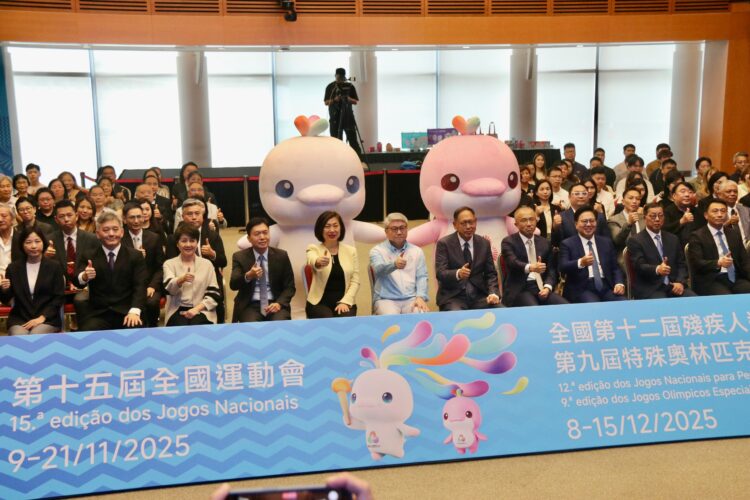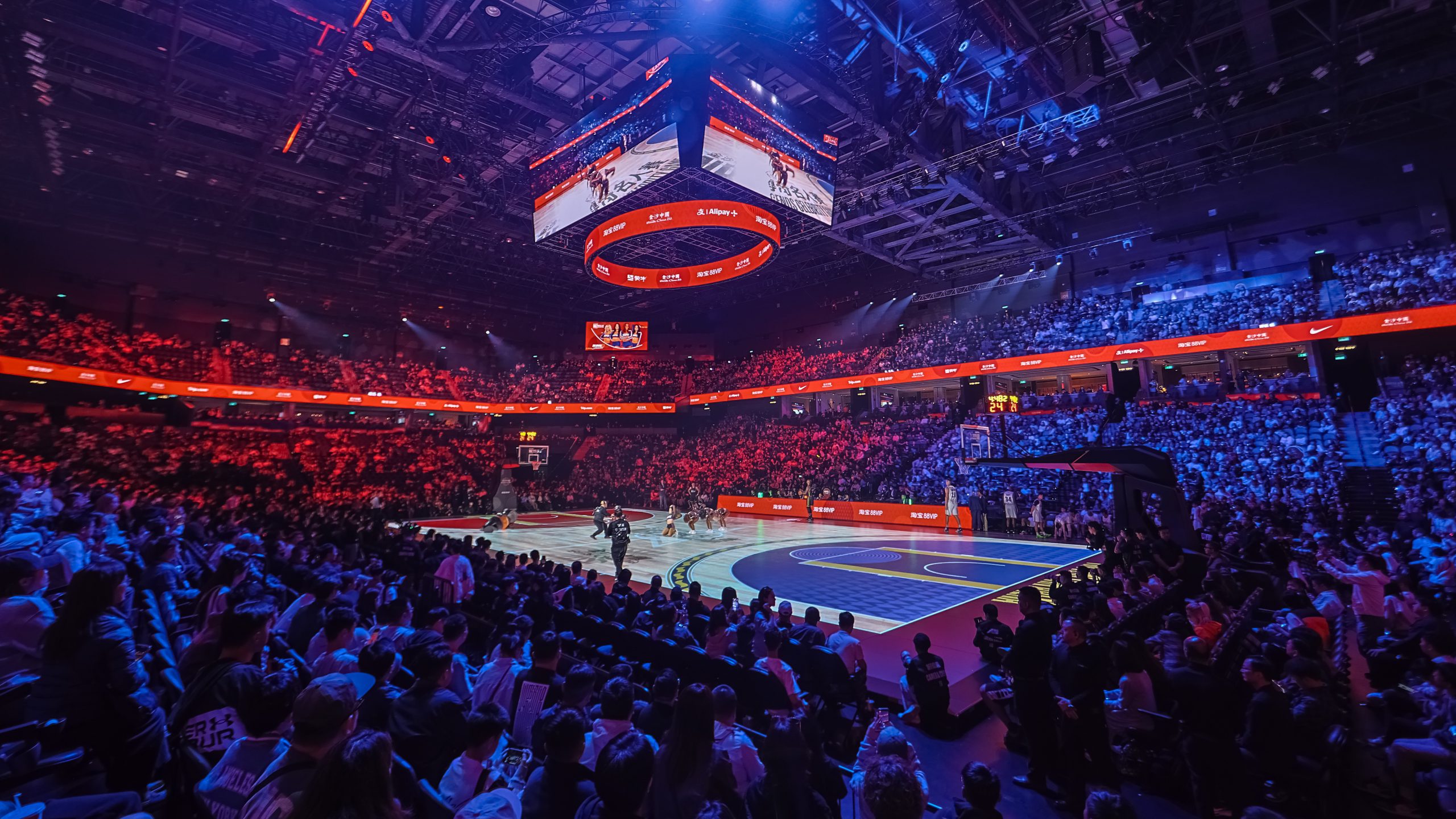
Macau is making a major show of support for the forthcoming 15th National Games of China, the 12th National Para Games, and the 9th National Special Olympics by securing substantial contributions from its gaming concessionaires. Collectively, the six concessionaires in Macau have pledged MOP 240 million (about US$30 million) to the Macau Organizing Committee for the Games. Each operator is contributing equally — MOP 40 million (roughly US$5 million) each — and is also offering venue support to host different events.
Beyond cash donations, the concessionaires are deeply involved in providing physical venues for the Games. For instance, Galaxy Arena will host table tennis; Wynn Palace South Gate’s outdoor lawn will serve as the stage for 3×3 basketball; Studio City Arena is earmarked for the men’s under-18 five-a-side basketball; and The Venetian Arena will host the women’s senior volleyball events. These contributions of space and facilities underscore a more holistic partnership between the gaming sector and Macau’s civic and sports development infrastructure.
This kind of collaboration comes at a time when Macau is striving to manage economic pressures and diversify beyond its dependence on gambling revenue. For example, the government recently lowered its 2025 gross gaming revenue forecast to MOP 228 billion (~US$28.3 billion) to reflect under-performance in parts of the year. Moreover, in H1 2025 Macau’s gaming operators achieved GGR of MOP 118.77 billion (~US$14.7 billion), up about 4.4% year-on-year, but the region still faces high expectations and challenges in maintaining momentum.
Macau’s business of concessions is, by design, a tightly regulated one. There are only six major casino operators in the territory, each holding a gaming concession established under administrative contract law. Under the terms of their concessions (renewed recently in 2022), these operators accepted obligations beyond gaming: investments into non-gaming amenities, public welfare contributions, and more active participation in social and infrastructure initiatives. The contribution to the National Games can be seen as consistent with those broader social performance requirements.
From a strategic standpoint, these contributions can serve multiple ends. Hosting large sporting events helps Macau burnish its image as more than just a casino city — reinforcing tourism, hospitality, local business, and infrastructure development. Events of the scale of the National Games also stimulate demand in supporting industries (hotels, logistics, catering, transport), which can partially offset fluctuations in GGR from casino operations. Furthermore, when concessionaires contribute visibly to public life, it can strengthen their social licence to operate in a region where regulatory scrutiny and public opinion increasingly demand that the industry contribute to broader community goals.
However, there are risks and trade-offs. The costs of such contributions are nontrivial, especially if gaming revenues soften or operating costs rise. Concessionaires need to balance these philanthropic or civic commitments with their commercial imperatives. Also, while venue support and monetary donations enhance reputation, they don’t always guarantee returns in visitor numbers or sustained economic impact unless paired with cohesive planning (transport, promotion, accessibility). For Macau’s government and stakeholders, measuring the long-term impact of these Games will be important: how much tourist inflow is generated, how infrastructure is leveraged post-Games, and whether such events help in stabilizing Macau’s economy in periods of gaming downturn.





 Content Writer: Janice Chew • Saturday, 25/09/2025 - 23:36:15 - PM
Content Writer: Janice Chew • Saturday, 25/09/2025 - 23:36:15 - PM